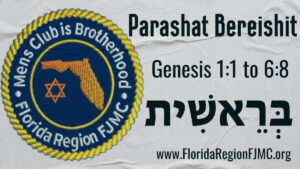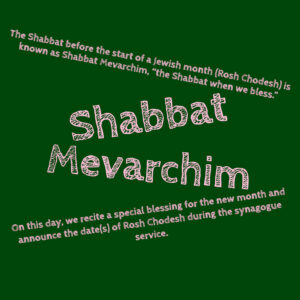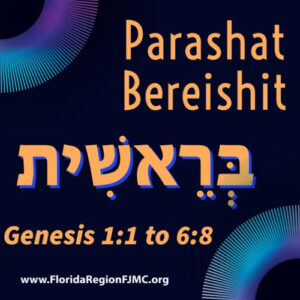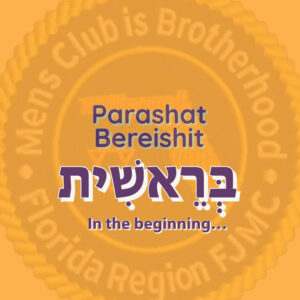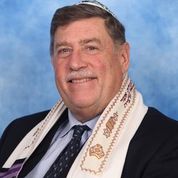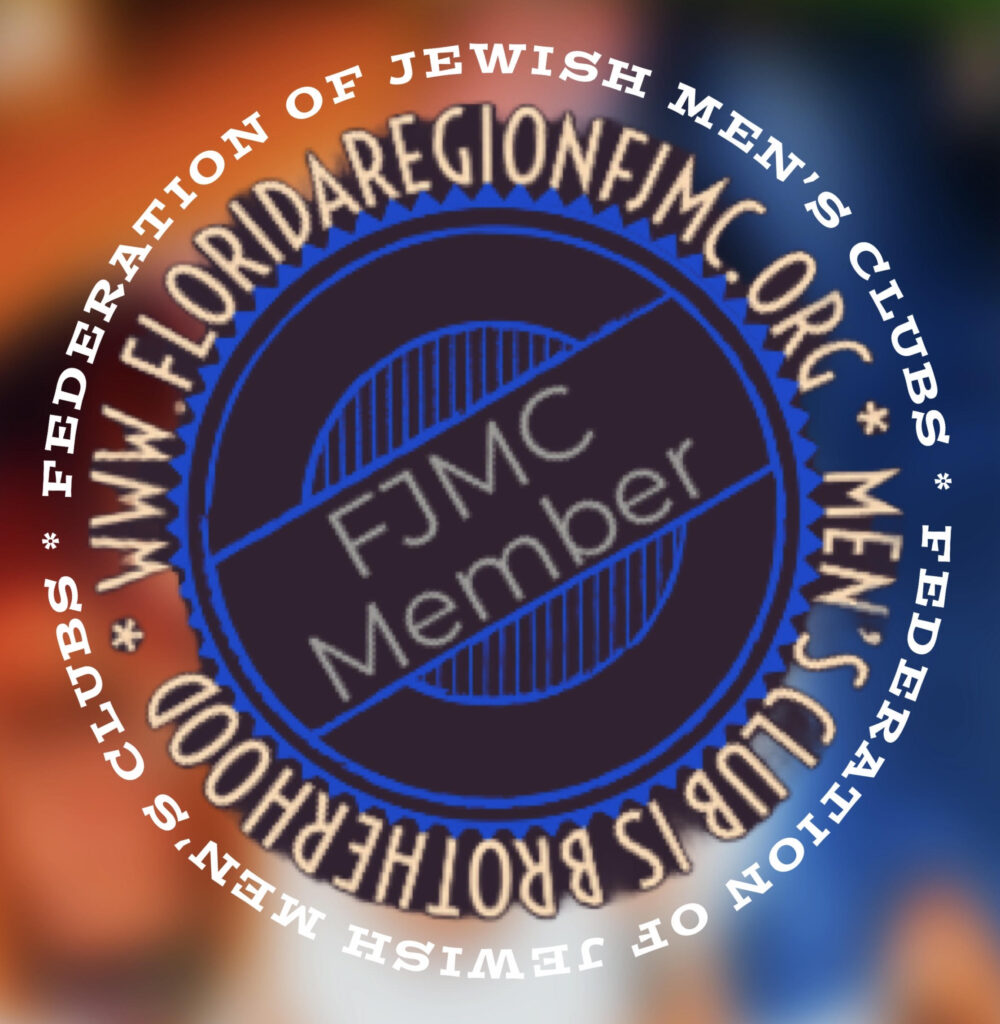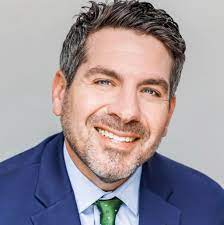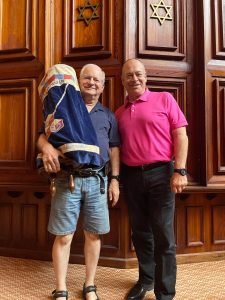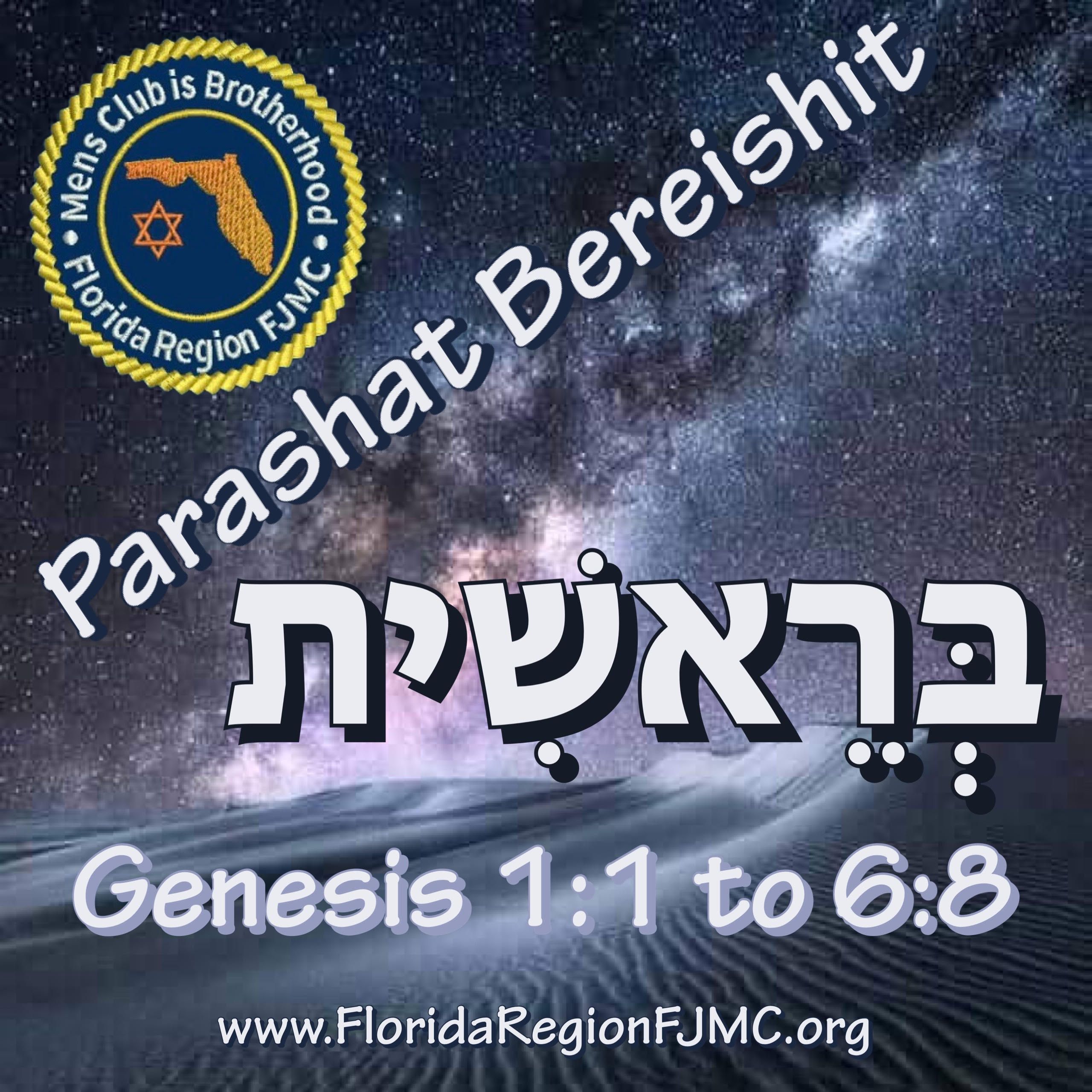
When you Choose Shabbat, you choose to learn that every Shabbat is different and special. This week I learned about Parashat Bereishit (בְּרֵאשִׁית), the first weekly Torah portion in the annual cycle of Torah readings.
According to Wikipedia, Bereishit (בְּרֵאשִׁית), Genesis 1:1 to 6:8, contains 7,235 Hebrew letters, 1,931 words, 146 verses and makes up 241 lines of the Torah scroll. Bereishit is the cornerstone of the Torah; God creates light and darkness, the heavens and Earth, the Garden of Eden, Adam and Eve and Sabbath. Adam and Eve eat the fruit of the tree of the knowledge and G-d expels them from the Garden of Eden. Their son Cain murders his brother Abel. The descendants of Adam and Eve populate the Earth, however each generation becomes more and more degenerate until G-d decides to destroy humanity with a great flood. Only one person, Noah, finds God’s favor.
This week is also a special week indeed: it’s the Shabbat before the start of a new Jewish month (Rosh Chodesh), also known as “Shabbat Mevarchim” or “the Shabbat when we bless.” On this day during the synagogue service, we recite a special blessing for the new month and announce the timing of Rosh Chodesh.
Rabbi Michael D Klein of Temple Torat Emet offers his insights on this week’s Shabbat Torah reading, Genesis, for October 26, 2024 aka 24 Tishrei, 5785:
“We begin the 3rd triennial reading of the Torah this Shabbat including the triple narrative of the story of creation? Why was it necessary for the Torah to include the narrative of creation in three volumes? Each narrative offers more details about Hashem’s design and insight into the intricacies of the marvel of creation. It can be compared to a microbiologist who is studying a cell under the microscope. At each power of magnification more details can be seen which were previously not discerned. Today’s powerful microscopes allow us the ability to see detail as small as individual atoms and molecules. Likewise, continuing Torah study gives us sharper focus as to our role in Hashem’s plan and our place in the marvelous universe which Hashem created. From the smallest subatomic particle to the largest galaxy, each creation exists with G-d’s design. It is for us to learn and as we do so to gain wisdom as to the amazing details that were heretofore not understood.
Curiously, included in the narrative of creation, is the sad story of the brothers Cain and Abel. This story raises many questions. Why was Abel’s offering more preferred by G-d? Why did Cain’s jealousy lead to murder? As Cain attempts to escape from G-d’s scrutiny, why does G-d need to ask him “where are you, and where is your brother Abel?”. Certainly G-d knows Cains’s whereabouts and the fate of Abel! G-d is giving Cain the opportunity to accept responsibility for murdering his brother but instead Cain doubles down and answers G-d deceitfully- “Am I my brother’s keeper?”. Cain is punished, not with death, but with banishment, to become a wanderer and a fugitive for the rest of his life. Ironically, Abel never has children and Cain’s offspring all perish in the flood so there is really no remnant of either brother left among humanity. Instead, the progenitor of the rest of humanity is Seth, the next son of Adam and Eve, who possesses the characteristics that make him more worthy to be the ancestor of Noah who will be the most righteous of his generation and who will be tasked with saving G-d’s creations and surviving the flood.”
Questions to Consider:
- Why is the punishment of the serpent appropriate considering his role in the Garden of Eden?
- What do the Hebrew names of Cain and Abel imply about their natures?
- The Torah records that before Cain killed Abel, they had a conversation. Why is this conversation not recorded in the Torah?
- How are the punishments meted out to the Serpent and Cain similar?
Rabbi Michael D. Klein attended Yeshiva College of South Florida and served as Torah Reader, Hebrew teacher, Chazzan and spiritual leader of various synagogues throughout South Florida. In January 2015 he became Ritual Director, Bnai/Bnot Mitzvah instructor and 7th grade Hebrew instructor for Temple Torat Emet of Boynton Beach. In October 2019 he was accepted into an accelerated track and received his smicha from Yeshiva Adath Wolkowisk and has been the Rabbinic leadership of Temple Torat Emet since August 2020. In September of 2022 he was appointed Rabbinic and Spiritual Advisor of the Florida Region of FJMC.
Choose Shabbat; choose to celebrate, to light candles, sing songs and learn a little Torah.
This moment of Jewish learning is brought to you by the Florida Region of the Federation of Jewish Men’s Clubs (FJMC). We serve the needs of affiliated Men’s Clubs and Brotherhoods throughout the State of Florida. Learn more about the FJMC Florida Region and our growing network of Jewish Men’s Clubs and Brotherhoods at: www.floridaregionfjmc.org and please visit & LIKE our Facebook Group at: www.facebook.com/FloridaRegionFJMC.
The FJMC is a confederation of over 200 Jewish Men’s Clubs and Brotherhoods representing over 20,000 members across the United States, Canada, Latin America, and beyond. Learn how YOUR Jewish Men’s Club or Brotherhood can affiliate with the FJMC at: https://fjmc.org/for-clubs/affiliating-with-the-fjmc/.
